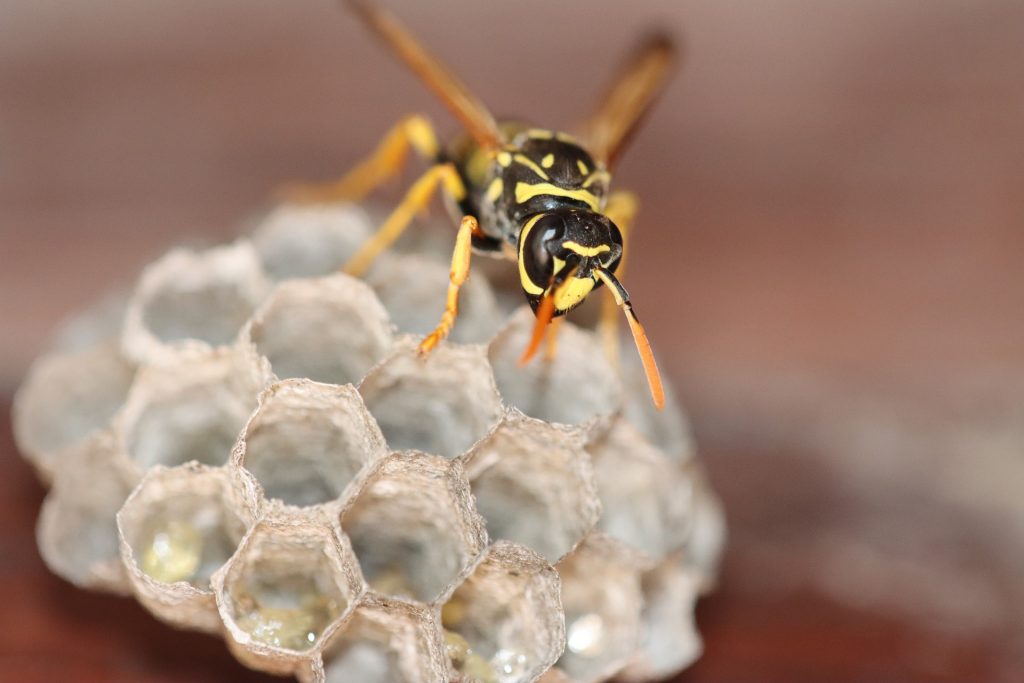While we have nothing to fear from the so-called “murder hornets” here in Massachusetts, bug bites and bee stings are a common threat during New England summers. Fortunately, there are steps you can take to reduce your risks and protect yourself, your family and pets.
Biting Bugs
There are many bugs that bite in our region—including ants, spiders, bed bugs and flies—but the most prolific biters at this time of year are mosquitoes and ticks. Not only are their bites annoying, but they can also spread disease, which makes protection extra important.
- Avoid stagnant water and heavily wooded areas, as they attract both ticks and mosquitoes.
- Eliminate standing water on your property. Even small amounts of water in birdbaths, puddles or buckets provide an ideal breeding ground for many species of mosquito.
- Limit skin exposure, especially in shady, overgrown areas where ticks and mosquitoes are most likely to lie in wait. Wear long sleeves and long pants, and tuck pant legs into socks.
- Use mosquito repellants containing DEET or picaridin. Higher concentrations of DEET protect for longer lengths of time, up to 30%. Any more DEET than that is not necessary. Read the label for instructions and cautions.
- Stay up-to-date with your pet’s flea and tick medication.
- When you are back inside, check yourself, your family, and pets carefully for ticks so you can remove them quickly with tweezers.
If you have ongoing issues with mosquitoes or ticks on your property, give us a call to talk about treatment plans.
Stinging Bugs
Stings from wasps, bees, hornets and yellow jackets are painful and can cause severe, life-threatening allergic reactions in sensitive people. Multiple stings can also be dangerous even for people who aren’t allergic. If you will be outside, avoid:
- Wearing perfume or using strong scented soaps or hair products.
- Wearing bright clothing and flowery prints, which can attract bees.
- Walking barefoot in the grass, as some bees, wasps and hornets build their nests underground.
Signs of an allergic reaction to stings include hives, facial swelling, throat tightness, difficulty breathing, vomiting, dizziness and fainting. If you experience any of these, call your doctor or 911 immediately.
If you find or suspect you have nests or hives on your property, contact us for safe and professional removal. A hornet nest can have upwards of 700 stingers, and a yellow jacket nest several thousand, so a failed do-it-yourself attempt can be dangerous.
Whatever summer pest challenge you face—from bug bites to bee stings and everything in between—give us a call. We’ll work with you to find an effective solution so you can enjoy a safe summer.

